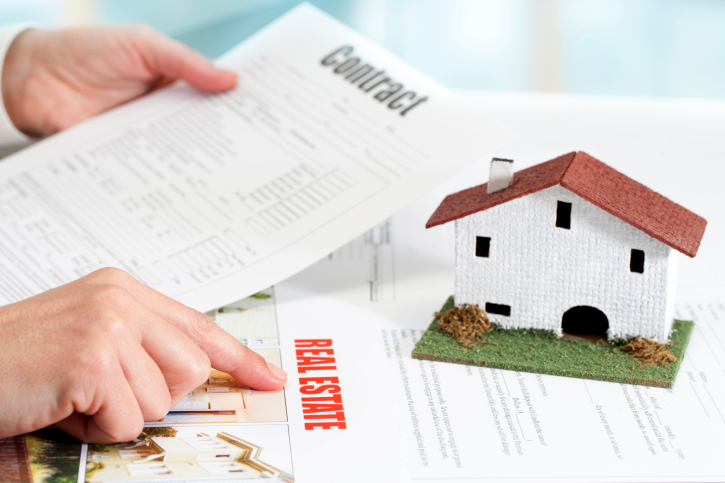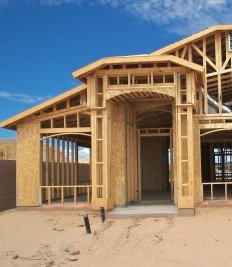The Do’s And Dont’s Of Making Your Offer More Competitive
 Today, the housing market is more competitive than it has ever been in the past. You may have your eyes on your dream home, but how can you make it stand out from the crowd? There are a few tips that you should keep in mind. What are a few things you should do, and what are a few things you should avoid?
Today, the housing market is more competitive than it has ever been in the past. You may have your eyes on your dream home, but how can you make it stand out from the crowd? There are a few tips that you should keep in mind. What are a few things you should do, and what are a few things you should avoid?
Do Get A Pre-Approval Letter
Because the housing market is so competitive, the seller is probably going to have many offers. The seller wants to make sure that the buyer they choose already has financing lined up. That way, they do not have to worry about the offer falling through. You can prove to the seller that you are making a competitive offer by getting a pre-approval letter. This letter will guarantee that your offer will be accepted, but a lack of a pre-approval letter can get your offer thrown out immediately.
Do Not Put All Your Eggs In One Basket
While you might have your heart set on a single home, do not put all of your eggs in one basket. Even if you do everything right, there is a chance that your offer will not be selected. Therefore, do not forget to take a look at other houses in the area, and be ready to put in an offer on another house if your first offer is rejected.
Do Offer To Rent Back
Keep in mind that it can take some time for someone to find a new home, so your offer could be more competitive if you allow the homeowners to rent back after they sell you the house. Essentially, this will give them an opportunity to stay in the house, even after you have purchased it, until they can find a new place to live.
Make Your Offer As Competitive As Possible
These are just a few of the most important tips you need to follow if you are interested in purchasing your dream home. You need to do everything you can to make your offer stand out from the crowd, and that means you need to partner with a professional who can help you find the right house to meet your needs.

 The National Association of Home Builders’ Housing Market Index for November showed builders’ growing concerns over U.S. housing market conditions. November’s index reading dropped five points to 33 as compared to October’s reading of 38 and the November 2021 reading of 83. November’s home builder index reading was the lowest reading since June 2012 except during the pandemic. Readings over 50 indicate that most home builders were positive about housing market conditions.
The National Association of Home Builders’ Housing Market Index for November showed builders’ growing concerns over U.S. housing market conditions. November’s index reading dropped five points to 33 as compared to October’s reading of 38 and the November 2021 reading of 83. November’s home builder index reading was the lowest reading since June 2012 except during the pandemic. Readings over 50 indicate that most home builders were positive about housing market conditions. Putting down the largest sum of money at your disposal might seem like the best way to go when it comes to your mortgage down payment. There is a certain amount of truth to this, but the reality is bigger is not always better.
Putting down the largest sum of money at your disposal might seem like the best way to go when it comes to your mortgage down payment. There is a certain amount of truth to this, but the reality is bigger is not always better. Life has changed for a lot of people during the past few years. Some people reached retirement age while other people decided to retire early due to other reasons. As the baby boomer generation reaches retirement age, millions more people are going to retire during the next few years. As a result, they might be thinking about moving to make some of their dreams come true. At the same time, retirement might change what people need in a home. What are some of the most important factors retirees need to consider when looking for a home?
Life has changed for a lot of people during the past few years. Some people reached retirement age while other people decided to retire early due to other reasons. As the baby boomer generation reaches retirement age, millions more people are going to retire during the next few years. As a result, they might be thinking about moving to make some of their dreams come true. At the same time, retirement might change what people need in a home. What are some of the most important factors retirees need to consider when looking for a home?